Sexual Violence in the LGBTQ+ Community
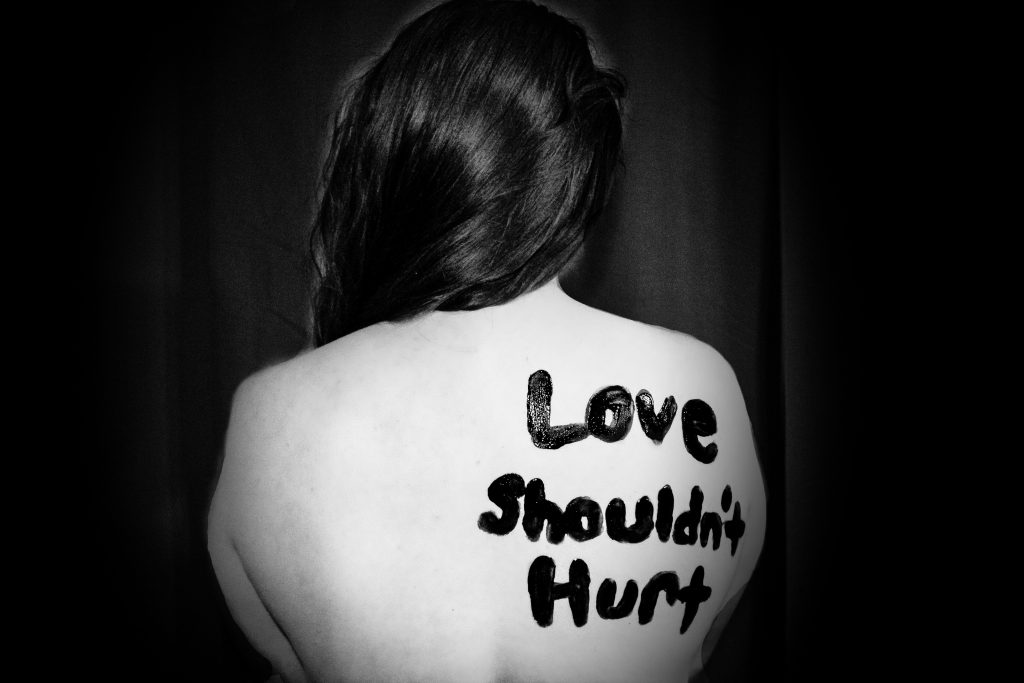
WARNING: This article discusses intense topics regarding various types of sexual assault. We here at Psych2Go take the mental well-being of our readers very seriously. If this is triggering to you, it may be in your best interest not to continue. Names in the story below have been changed for anonymity.
The Not-So-Greatest Night of My Life
My friend Thomas and I hadn’t seen each other in what felt like months. Thomas called me in hopes we’d head out and dance somewhere fun and inclusive. He was dealing with a recent breakup, so I couldn’t deny him the company. I met him at his cozy Toronto apartment and from there we headed out to a queer-positive bar called the Beaver.
We made our way to the bar and ordered some drinks. “You’re gorgeous,” I hear from across the counter. I turned my head to see a beautiful woman and her equally beautiful man-friend. “Yes, you!” she said to me, in response to my look of confusion. “Thank you,” I exclaimed. She introduced me to her friend. Jerry. Jerry waved at Thomas and I. The four of us shared more polite words and separated. Thomas and I sat and talked about life and love and when the liquor endowed us with enough bravery, we set out on the dance floor.
It was never uncommon for Thomas and me to dance together at LGBTQ+ inclusive bars. We felt safe to be ourselves there. That, and people thought we were a couple, so we rarely endured unsolicited advances. Rarely. Not never.
As Thomas and I were dancing and singing along to whatever tune was playing, Jerry took an opportunity to swoop in. Jerry squirmed his way between Thomas and I. As he stuck his butt out to grind up against Thomas, Jerry grabbed my face and smashed his against it, forcing his tongue into my mouth. He whispered into my ear, “You guys are hot” as he grabbed my crotch through my pants. I looked up at Thomas in confusion, and he gave me that same look back. Before I could process the situation, Jerry’s hand found it’s way into my jeans. He turned around and gave Thomas the same treatment. “How about a threesome,” he asked. “You guys are a cute couple.”
We ran off of the dance floor as quickly as we could and rallied in the bathroom. We spent the rest of the night together, half laughing and half freaking out about our shared experience. Here’s a picture of my panicking in the bar bathroom for reference:

The approach was unwanted and extremely presumptuous, but what could we do? It happens all the time – sometimes worse – at the bars and clubs we had been to. It was only a year prior that I had gone to a different bar in the heart of Toronto’s gay village to celebrate a friend’s birthday, only to have a man attempt to roofie me. In my mind, it was just another unsuccessful attempt to get me into bed. Thomas saw it that way, and now I know many LGBTQ+ people who have shared similar stories. Some have stories that are unfortunately worse. Now, I look back at these situations and I can’t help but wonder: Why is this so common among us in the LGBTQ+ community? How do we react to sexual violence perpetrated by those we should be considering our community members, our friends, our allies?
Stats On Rape/Assault and Domestic Abuse
Sexual violence is a rampant issue in the LGBTQ community today. It can affect anyone, regardless of age, gender, or sexuality. Before I go on to discuss the reasoning and outcomes of this problem, let’s take a look at some numbers.
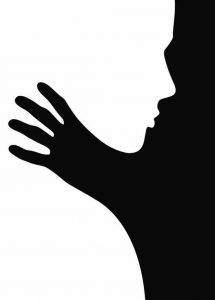
According to the Centre for Disease Control and Prevention (CDC),
- Compared to 35% of heterosexual women, 61% of bisexual women and 44% of lesbian women have experienced rape, physical violence, and/or stalking by an intimate partner in their lifetime.
- Compared to 29% of heterosexual men, 37% of bisexual men and 26% of gay men have experienced rape, physical violence, and/or stalking by an intimate partner in their lifetime.
- 44% of bisexual women have been raped. 22% have been raped by an intimate partner.
- 40% of gay men and 47% of bisexual men have experienced sexual violence other than rape, compared to 21% of heterosexual men.
A U.S. transgender survey found equally daunting results.
- Nearly half of the respondents experienced sexual assault in their lifetime.
- 1 in 10 experienced assault in the past year.
- More than half experienced some form of intimate partner violence.
- 1 in 4 had experienced severe physical violence by an intimate partner, compared to 18% of the U.S. population.
Unfortunately, homophobia and transphobia puts LGBTQ+ people at higher risk for sexual assault by strangers. 10% of hate crime directed at the LGBTQ+ community involves cases of sexual violence as means of dominance and humiliation.
The Distinctive Effects of LGBTQ+ assault
Isolation

While anyone can feel isolated after an assault, this feeling of aloneness can intensify for LGBTQ+ survivors. Many who already feel isolated by societal norms or unsupportive family might feel even more alone after experiencing assault at the hands of another LGBTQ+ person – they may feel their community has betrayed them. This same sense of isolation prevents survivors from speaking out in fear that their case will be met with a discriminative or dismissive response by the justice system.
Humiliation and Self Blame
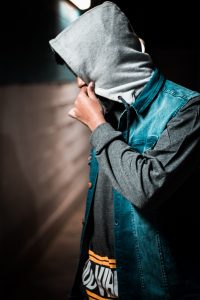
Many people in the LGBTQ+ community respond to sexual assault by blaming themselves. Due to societal norms that dictate the “rules” for what sexual violence is, many forms of LGBTQ+ rape and assault are silenced. Many gay and lesbian women are told that for various reasons, rape perpetrated by a woman is not possible. Gay men often feel shame due to the belief that men do not get assaulted, or that they should have been able to defend themselves. Those who identify as bisexual or transgender tend to have a difficult time seeking justice because their identities are often misunderstood. For these reasons, LGBTQ+ people are left to handle their situations in private. When a person’s community cannot reassure them that they were indeed the survivor, they often turn their blame inward. This can be deadly.
Desensitization
![]()

Many LGBTQ+ people are “used” to a lot of the sexual behavior in the community, pro-social and harmful alike. Queer men and women are often taught to see sex as a commodity, and not the physical and emotional experience between two (or more) willing people. Because we paint ourselves as a clan of sex-hungry people, it is hard for many of us to willingly fend ourselves off from unwelcome sexual activity.
I was shocked when I told other LGBTQ+ people about my bar story… and my date-rape encounter, as well as a few other stories of mine that I won’t discuss in this article. Many people responded with “That happened to me too!” or “That might have happened to me last month, I can’t remember a thing from that night.” Some people had even asked why I didn’t submit to a threesome with a handsy stranger and my platonic friend of nearly five years. I told my (straight) brother, and he was mortified. “I hope you had him kicked out,” he told me. Why is that not the norm for us in the gay villages in which we drink and mingle?
Trauma
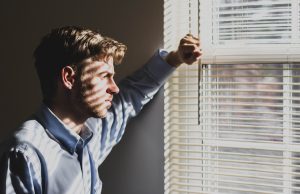
As with all survivors of sexual assault, LGBTQ+ assault survivors are prone to post-traumatic stress disorder (PTSD). According to the CDC, 1 in 5 queer women have reported at least one symptom of PTSD. These symptoms may include:
- Re-experiencing the assault by means of flashbacks, nightmares or intrusive memories
- Avoidance of anything that might bring memories of trauma
- Feelings of detachment or emotional numbness
- Issues like sleeping problems, irritability, jumpiness and aggressive behavior
- Depression and hopelessness
What Can We Do?
Understand that as a survivor, assault is not your fault. Know that what your feeling, as a result, is valid, and that you are not alone in your experience. Seek the support of loved ones and people you trust to help you, whether that help is legal or emotional. If you do not wish to discuss matters of sexual violence to those close to you, there are a number of resources you can use for support. The Rape, Abuse & Incest National Network (RAINN) is America’s largest organization dedicated to helping victims of sexual assault. They have a diverse list of sister-organizations dedicated to the LGBTQ community. You can view it HERE.
If you are feeling symptoms of PTSD in relation to assault, seeking professional help is important. There is a range of cognitive behavioral therapies designed to treat PTSD.
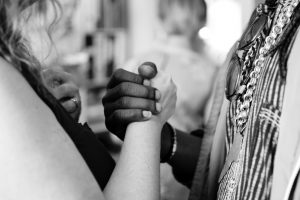
Has someone confided in you about an assault? There are things you can do too:
- Keep an open mind and avoid being judgemental.
- Stay calm and avoid allowing your own frustration to prevent you from listening.
- Ask them what they need from you as a support.
- Respect their wish to keep their situation confidential.
Is there anything we’ve missed? Do you have any opinions or input to contribute on this topic? Please let us know in the comments section below. We here at Psych2Go understand that sexual assault is not an easy topic to discuss. But it is necessary for all of us to understand that it happens in many different forms to many different types of people, and it must be fought against anywhere we may find signs of it.
Works Cited
Blum, Steven. “’We Bring It on Ourselves’: The Myths Silencing LGBTQ Sexual Assault Victims.” Vice, 20 Oct. 2017, www.vice.com/en_ca/article/qv34wb/we-bring-it-on-ourselves-the-myths-silencing-lgbtq-sexual-assault-victims.
James, S. E., Herman, J. L., Rankin, S., Keisling, M., Mottet, L., & Anafi, M. (2016). The Report of the 2015 U.S. Transgender Survey. Washington, DC: National Center for Transgender Equality
“LGBTQ Individuals and Sexual Violence.” LGBTQ Individuals and Sexual Violence, endsexualviolencect.org/resources/get-the-facts/lgbtq/.
“National Intimate Partner and Sexual Violence Survey: 2010 Findings on Victimization by Sexual Orientation.” PsycEXTRA Dataset, doi:10.1037/e541522013-001.
National Resources for Sexual Assault Survivors and Their Loved Ones | RAINN, www.rainn.org/national-resources-sexual-assault-survivors-and-their-loved-ones.



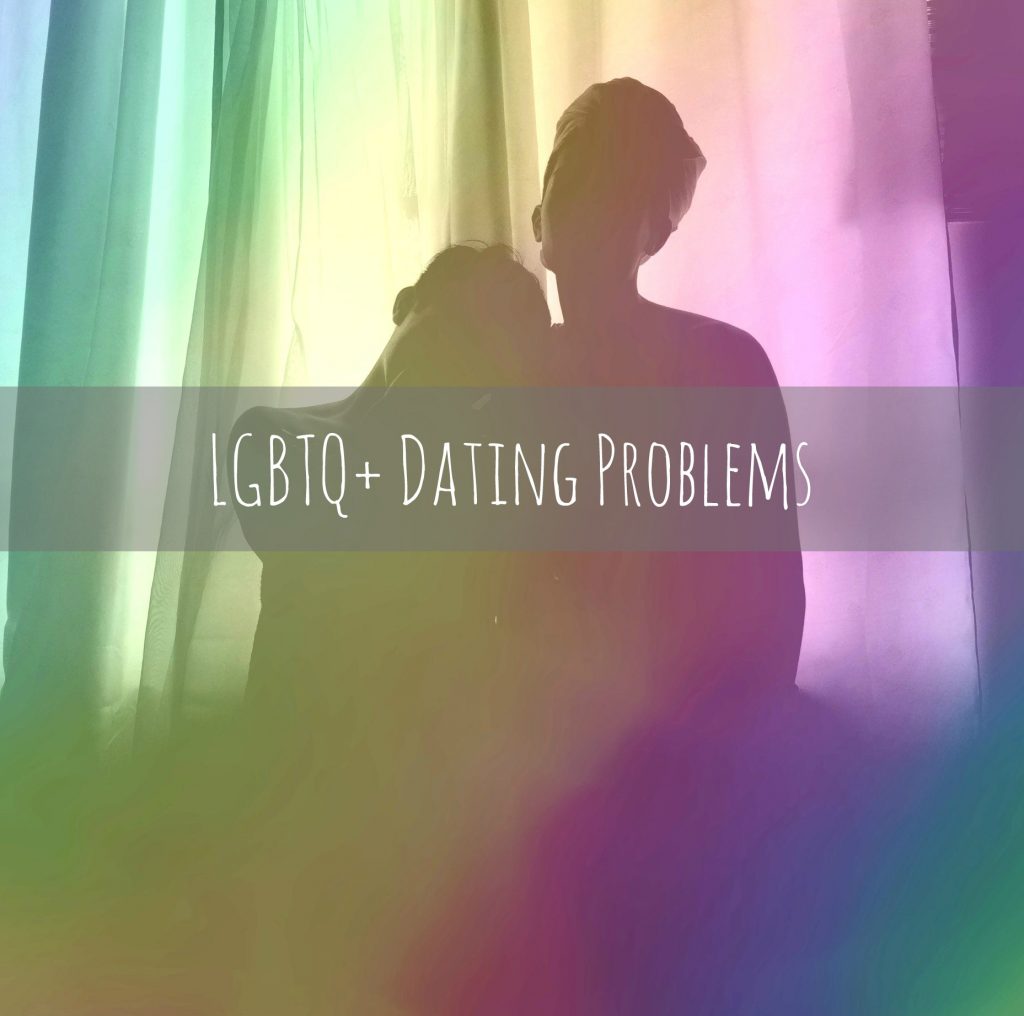
Responses